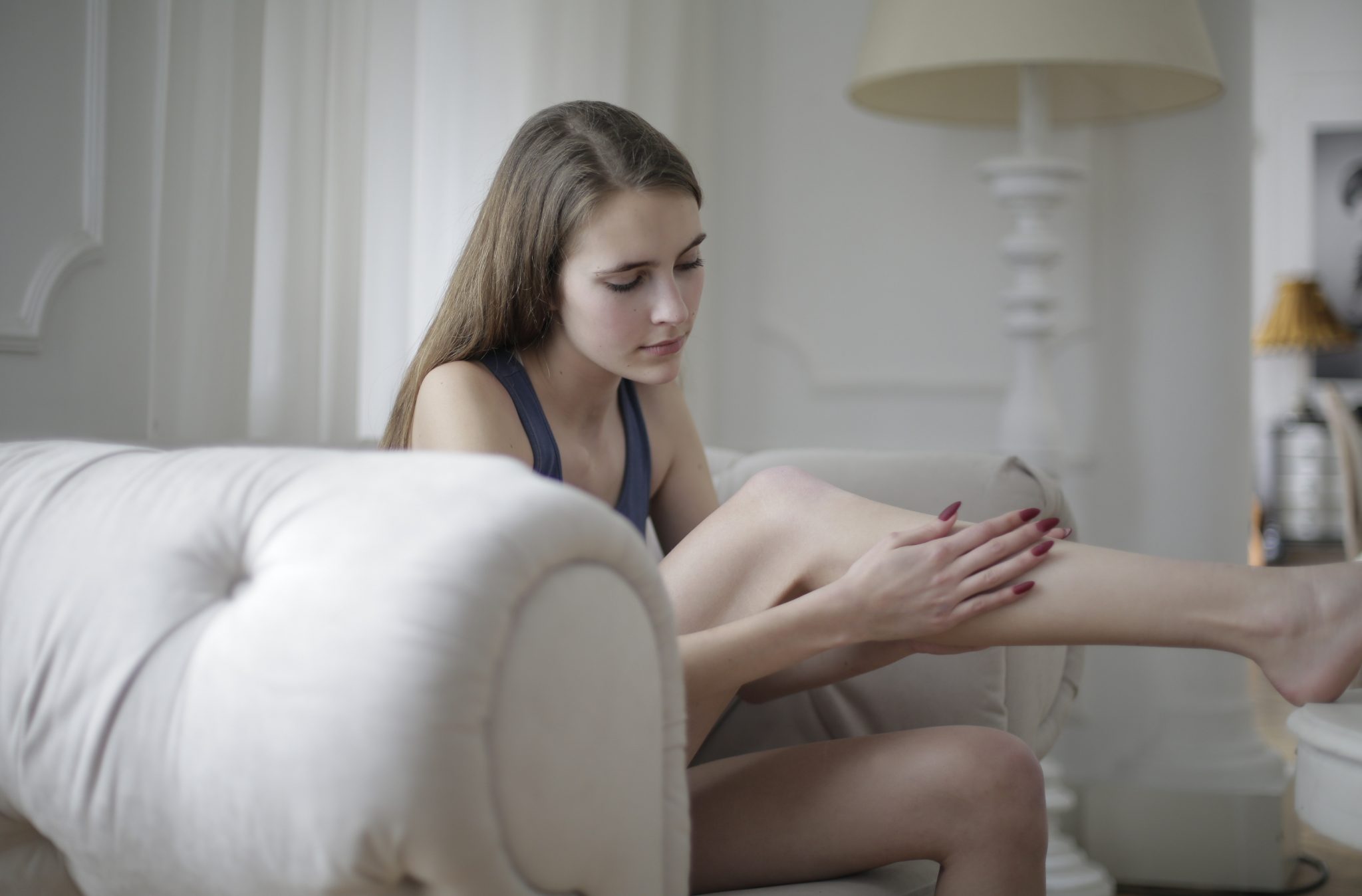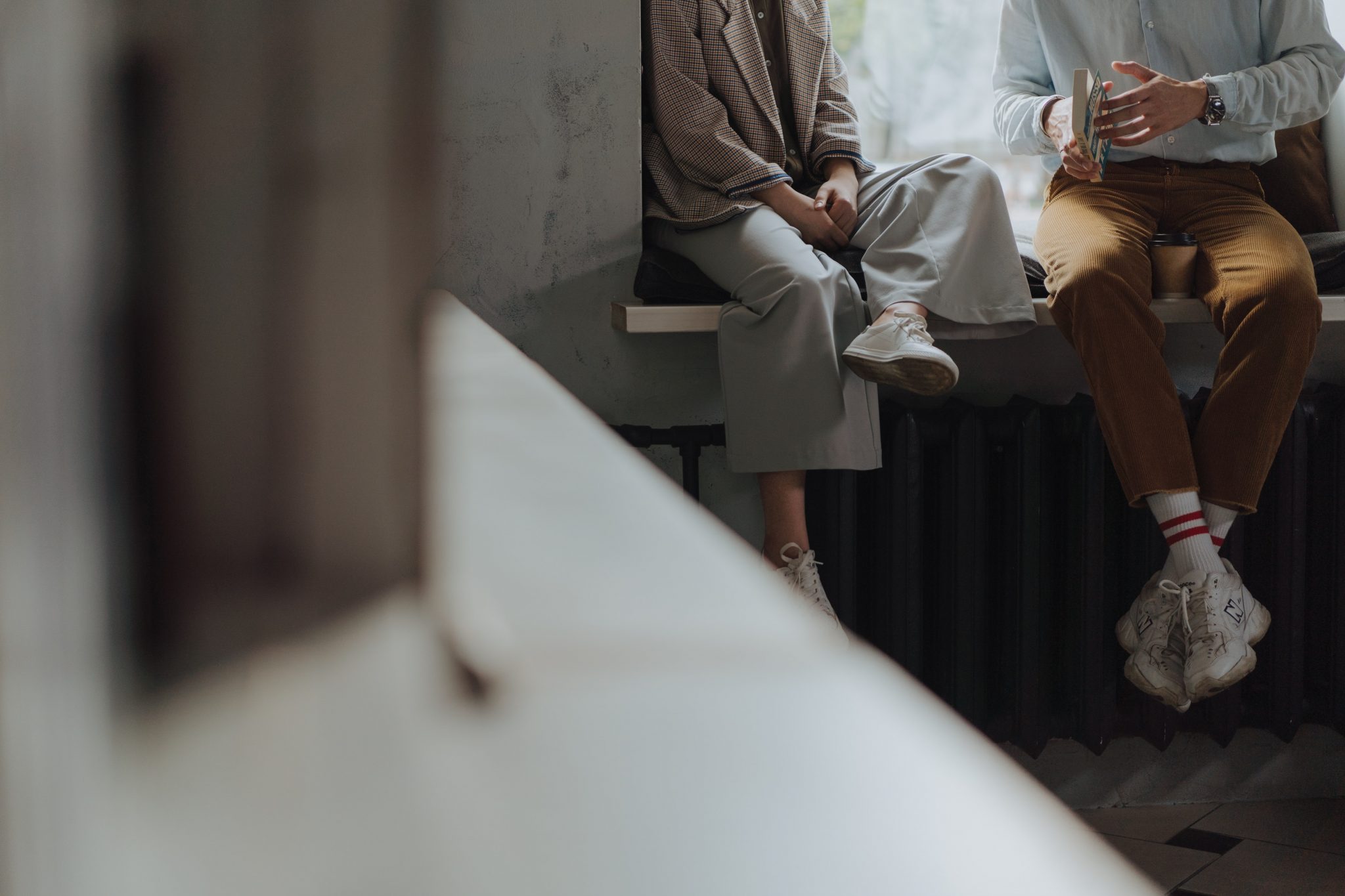What Happens if Varicose Veins are Not Treated?
If you have varicose veins but haven’t yet had them treated, you may want to know what would happen if you left your varicose veins untreated. Not everyone has their vein disease treated for one reason or another. Can it be harmful to leave them be?
If you don’t have your varicose veins treated, it could lead to further complications, including progressive pain, swelling, fatigue, skin changes, and the risk of blood clots.
If you’re on the fence about having your varicose veins treated, read on to find out more about what could happen if you don’t address them. By the end of this article, you should be able to make a more informed decision about whether to have your varicose veins treated.
The Possible Consequences of Leaving Varicose Veins Untreated
You may already have an idea of what can happen if you leave your varicose veins untreated. At some point in your life, you’ve probably seen someone with advanced varicose veins- maybe a grandparent or a senior citizen at the beach. Those bluish, bulging, twisty veins running up their legs should give you a good idea of the visible side effects of leaving varicose veins untreated.
If that’s not enough to encourage you to get on the phone with your doctor and make an appointment ASAP, consider this: Varicose veins are not only unsightly, but they can be hazardous to your health, so they need to be addressed.
To give you the big picture of what can happen if you don’t have your varicose veins treated, here are the possible consequences:
- Increased pain
- Swelling
- Increased fatigue and heaviness
- Development of venous ulcers
- Deep vein thrombosis and blood clots
- Lipodermatosclerosis
- Skin discoloration
- Excessive bleeding
- Superficial thrombophlebitis
As you can see, there are some minor annoyances that can occur from untreated varicose veins. However, many of the consequences on the list can be quite serious.
Increased pain can occur as vein disease progresses and the veins become more damaged.
Swelling can be caused by the increasing pressure on the leg veins that makes them weaker.
Increased fatigue and heaviness are the result of chronic pooling of blood in the leg veins. This can become extremely problematic if you have a job where you spend a of time on your feet, sine your legs will get weaker as varicose veins get worse.
Development of venous ulcers in the legs can happen when the blood pressure in your legs remains high when you’re walking, although it should be dropping instead. The ulcers can begin to form on your ankles.
Deep vein thrombosis and blood clots are two serious consequences of untreated varicose veins. With deep vein thrombosis, a blood clot can form in a deep leg vein and if it breaks off and travels to the lungs, you can have a pulmonary embolism.
Lipodermatosclerosis involves inflammation of subcutaneous fat in the legs from vein disease. This can leave you with redness and swelling as well as thickening of the skin.
Skin discoloration can occur when the pressure in the leg veins become so high that blood starts to leak out into the skin.
Excessive bleeding can be caused by untreated varicose veins since the additional pressure on the leg veins makes you more likely to bleed from the slightest scratch.
Superficial thrombophlebitis consists of inflammation of the leg veins just below the skin’s surface. This condition can cause redness, tenderness, pain, and swelling.
Why Should You Have Your Varicose Veins Treated?
Not everyone has their varicose veins treated. The reason behind this is usually one or more of the following:
- Fear of medical procedures
- Concern about side effects and recovery time
- Worries about the financial expense
- The varicose vein symptoms haven’t progressed enough to be bothersome to the individual
These are all valid concerns, but we don’t want you to give up considering varicose vein treatment because it could end up harming you more in the long run. Let’s address each of the above reasons again so we can help you see why you shouldn’t hold off on treatment.
Fear of medical procedures
Can prevent you from taking proper care of your health. Many people have a fear of doctors, hospitals, needles, etc., but if you don’t follow through with the necessary medical care, you’ll end up having more health problems in the future.
Concern about side effects and recovery time
Can make some people hesitant to have their varicose veins treated. This is often related to worries about how much downtime would be needed from work or other responsibilities. However, many modern varicose vein treatments have minimal side effects and little to no downtime.
Worries about the financial expense
Can be a huge deterrent to having varicose veins treated. But some treatments may be covered by your health insurance, particularly if they are deemed medically necessary rather than simply cosmetic. Varicose veins are more likely to be covered than spider veins.
The varicose vein symptoms haven’t progressed enough to be bothersome to the individual.
Let’s face it- some people just don’t care about the appearance of varicose veins. They may cover them up with pants and socks and be done with it. But there’s more to varicose veins than meets the eye. Not only are they unsightly, but they can be harmful to your health and could lead to serious complications.
What Home Treatments Can You Do if You Don’t Get Your Varicose Veins Treated?
If you still aren’t convinced to have your varicose veins treated, the next best thing is to be vigilant about home treatment. These self-care tips won’t necessarily keep the doctor away, but they are helpful for promoting vein health and can help keep vein disease from progressing. Keep in mind, however, that you should have your varicose veins medically treated for optimal health.
Here are some ways you can care for your vein health when you have varicose veins:
- Maintain a healthy weight
- Wear compression stocking or compression socks
- Avoid sitting or standing for long periods
- Do low-impact exercise regularly
- Elevate your legs daily
- Eat a heart-healthy diet with lots of leafy green vegetables
These are all great ways to encourage proper blood circulation since that is one of the main components of vein disease. When the blood doesn’t flow back up the legs as it should, you will experience more problems with your vein health. Seek medical treatment for your varicose veins if possible. Regardless, you should practice the vein-supporting habits above for your overall health and wellness.
Summary
Now you know what causes varicose veins and what lifestyle and dietary changes you can make to prevent or reduce the appearance of varicose veins. Awareness of what makes you more susceptible to varicose veins can help you make the changes you need to promote the health of your veins. As much as home treatments can help make varicose veins less visible, they are not likely to eliminate the veins. Leaving varicose veins untreated can lead to future complications, so it’s important to address them.
While a healthy diet and lifestyle are extremely helpful for decreasing the appearance of varicose veins, it’s important to seek out professional care if the problem persists. If you’re experiencing symptoms from varicose veins that don’t respond to diet and lifestyle changes, contact us today to book an appointment.





